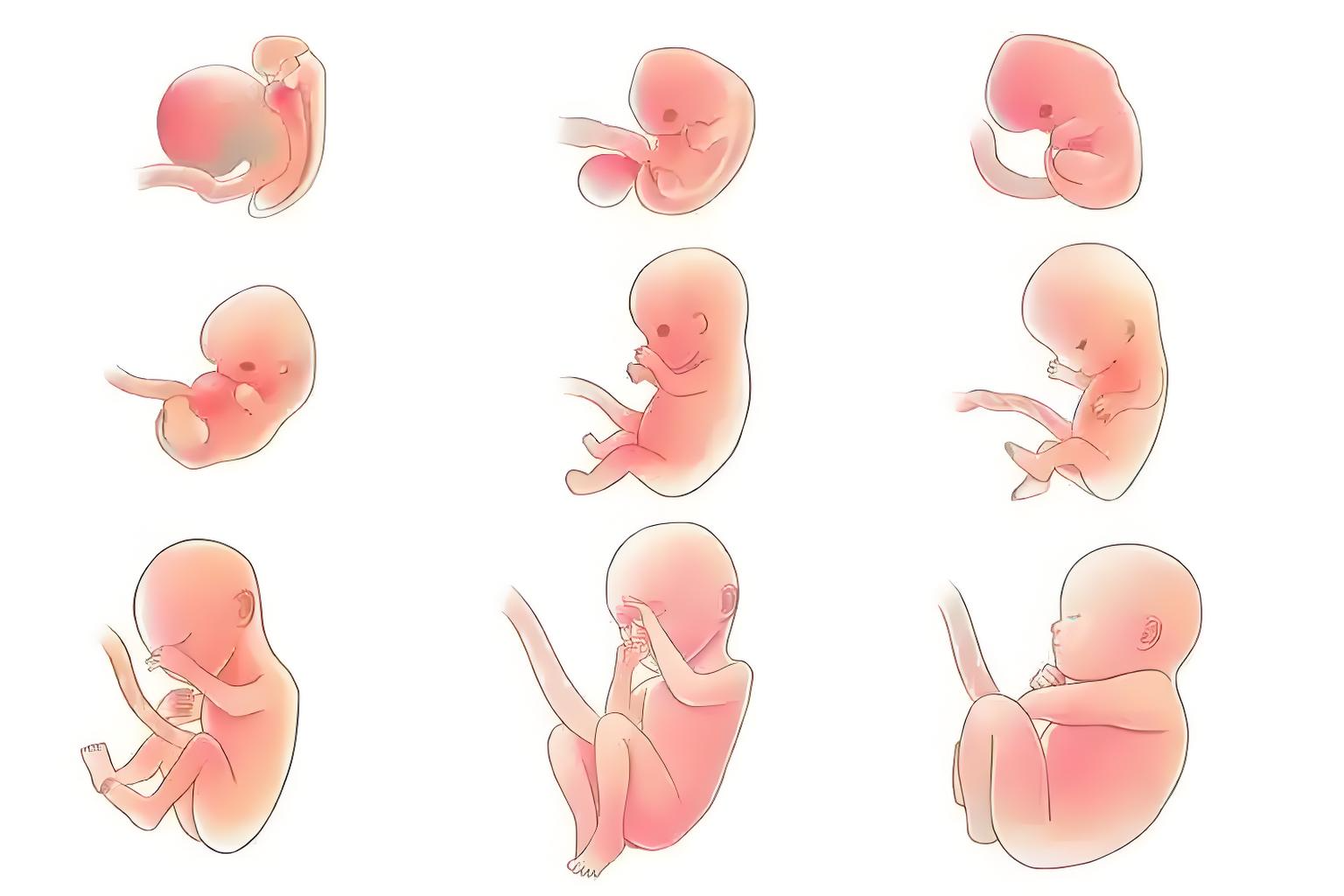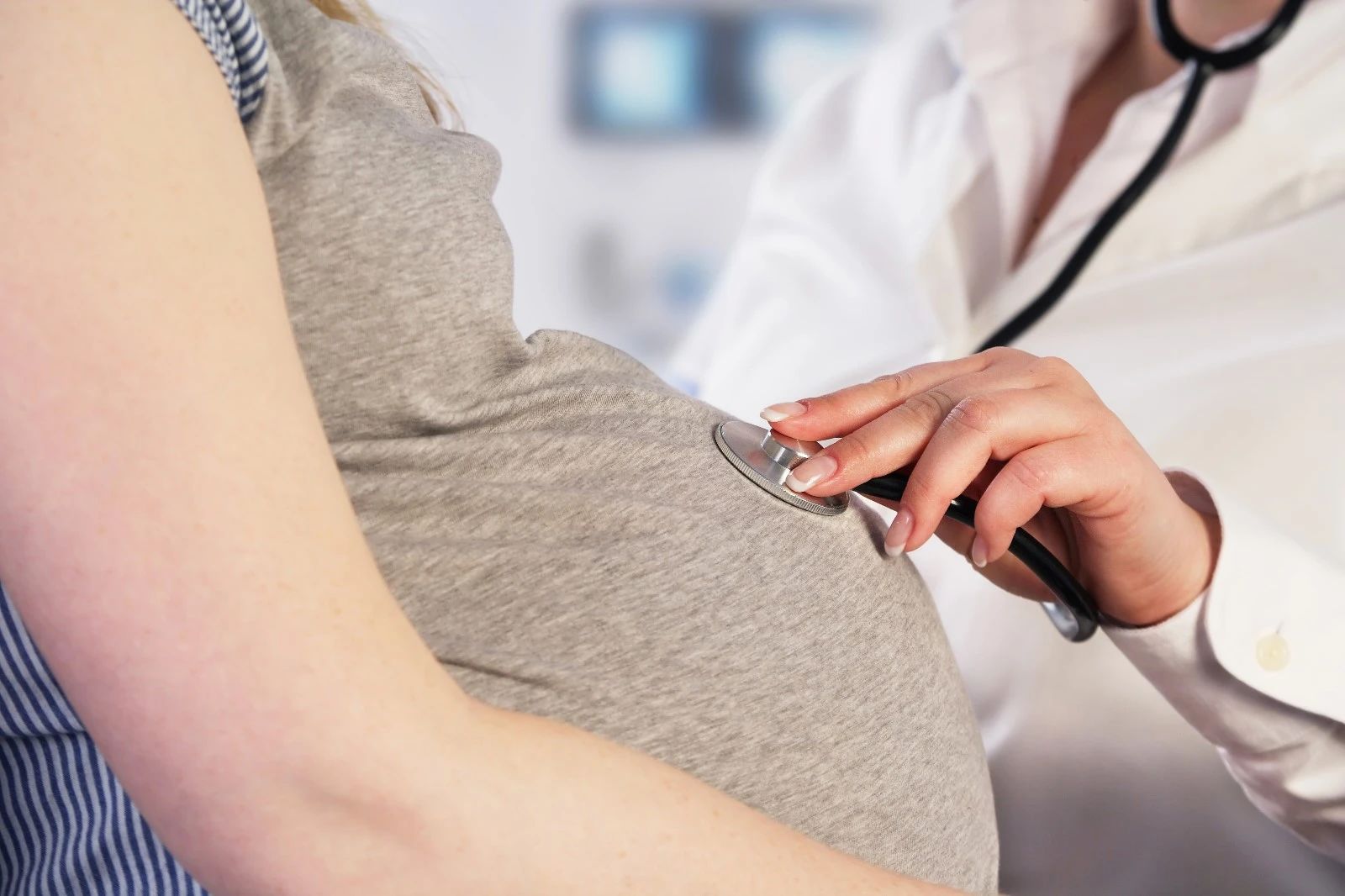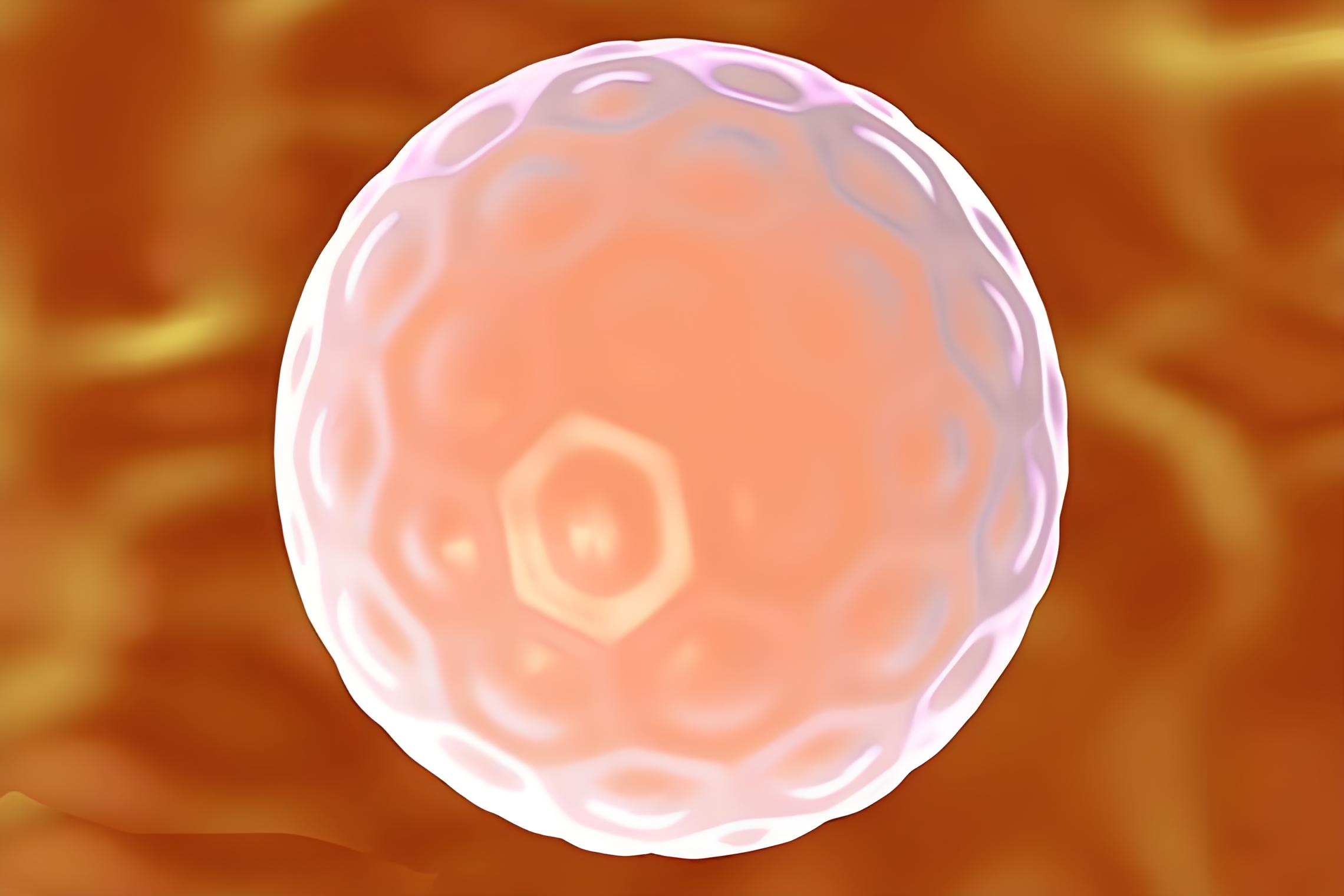Top 5 Nutrients to Boost IVF Success Rate

When the first seed of life touches down in the warmth of the uterine cavity, a whole new chapter in the intergalactic journey of life begins. In this sophisticated human universe, nutrients are like a constellation of navigational satellites, providing precise positioning and energy supply for the interstellar voyage of the embryo. Modern reproductive medicine research has found a direct correlation between 85% of IVF failures and nutritional imbalances (American Society for Reproductive Medicine, 2022). Let’s follow the footsteps of Dr. Emily Carter, Chief Nutritional Advisor at the Harvard Center for Reproductive Medicine, as she unravels the mystery of the 5 golden nutrients of fertility.
I. Cellular Architect: Folic Acid (Folate)
Recommended intake: 600-800mcg/day
This water-soluble vitamin is the chief engineer of embryonic development, and a 2023 study in The Lancet Reproductive Health confirmed a 42% reduction in the rate of chromosomal abnormalities in the embryos of women who consistently supplemented with folic acid. Unlike regular folic acid, the active form, 5-MTHF (methyltetrahydrofolate), bypasses gene mutation barriers and ensures 100% bioavailability.
Golden Combination Program:
Start supplementation 3 months before pregnancy preparation
Choose a complex formula with vitamin B12
Pair breakfast with citrus fruits to boost absorption
Recent clinical data from the UCLA Reproductive Center shows that women who adopt a precise folic acid supplementation regimen have a 28% higher rate of blastocyst formation. IVF mom Martha Wilson shares, “The customized folic acid regimen recommended by my nutritionist increased my AMH from 1.2 to 1.8 in three months.”
II. antioxidant guard: selenium (Selenium)
Recommended intake: 55-200mcg/day
This supernova of the trace element world is an important antioxidant in follicular fluid. The Institute of Fertility Research in Cambridge, UK, found that for every 10μg/L increase in selenium concentration in the follicular fluid, the rate of high-quality embryos increased by 15%. However, excessive intake may trigger toxic reactions and natural supplementation through Brazil nuts is recommended (95mcg each).
Scientific Supplementation Guide:
✅ 2 Brazil nuts + 1 serving of codfish daily
❌ Avoid taking with vitamin C (2 hours apart)
⚠️ Patients with thyroid disease need to be monitored by a doctor
IVF dad Michael King’s semen analysis report showed that after three months of continuous selenium supplementation, sperm DNA fragmentation dropped from 32% to 18%, reaching the ideal threshold for conception.

III.the guardian of the lining: vitamin E
Recommended intake: 15mg/day
This fat-soluble vitamin is a natural moisturizer for the endometrium. Molecular biology research at the Tokyo Fertility Institute revealed that vitamin E can increase endometrial tolerance by 37% by regulating HOXA10 gene expression. Choose the natural d-alpha tocopherol form, which is twice as biologically active as the synthetic form.
Precision application strategy:
Pre-cycle: in combination with evening primrose oil to regulate hormones
Transplantation: combined with vitamin C to enhance luteal function
Pregnancy: adjust to food sources to prevent overdose
Clinical data from the Chicago Fertility Center shows that patients using the vitamin E optimization protocol have increased the rate of successful landings to 68%, 21 percentage points higher than the conventional protocol.

IV. Mitochondrial Fuel: Coenzyme Q10
Recommended intake: 200-600mg/day
The savior of the precipitous drop in egg quality after age 35. Nobel Prize-winning physiologist Johns Hopkins’ team confirmed that Coenzyme Q10 can boost mitochondrial ATP production by 300%, increasing the percentage of usable eggs from 22% to 41% in older women. It is recommended to choose the Panthenol (Ubiquinol) form, which is 8 times more absorbable than regular CoQ10.
Smart Supplement Program:
30-35 years old: 200mg/day
35-40 years old: 400mg/day
Age 40+: 600mg/day (doctor’s supervision required)
The case of London Fertility Clinic shows that 42-year-old Emma Thompson was successful in obtaining 3 PGS normal embryos and eventually gave birth to healthy twins after adopting the Staged Q10 protocol.
V. Immunomodulator: Vitamin D
Recommended serum concentration: 40-60ng/ml
Neglected key factor of fertility! A recent study in the New England Journal of Medicine states that vitamin D deficiency reduces IVF success rates by 49%. Unlike conventional knowledge, the Mediterranean population also suffers from a generalized deficiency (Spanish Fertility Association, 2023).
Three-dimensional supplementation system:
Sun therapy: 15 minutes of sun exposure on bare limbs daily
Dietary fortification: wild salmon + fortified dairy products
D3 drops: 5000 IU/day (taken with meals)
Groundbreaking research from the University of Munich’s Center for Reproduction found that boosting a patient’s vitamin D level above 50ng/ml reduced the risk of early miscarriage by 75%. Test tube mom Sophie Miller’s personal experience corroborates, “After vitamin D optimization, my Th1/Th2 immune ratio dropped from 38.6 to 12.4, and I finally got my long-awaited fetal heart.”

The Golden Formula of Fertility Nutrition
Law of Time: differentiated supplementation for different cycles (see chart)
Synergistic effect: Selenium + Vitamin E antioxidant efficacy is increased by 60%
Individualized Programs: genetic testing to guide precision nutrition (e.g., MTHFR mutations)
New York Fertility Optimization Clinic’s Smart Nutrition Platform generates an exclusive nutritional code for each couple through 200+ biomarker analysis. Founder Dr. William Harrison emphasizes, “The synergistic effect of nutrients is 3x more important than single supplementation, like the perfect ensemble of a symphony orchestra.”
Three Myths of Modern Fertility Nutrition
🚫 The “Food is Enough” Myth: Modern Agriculture Has Caused a 40% Decline in Food Nutrient Density
🚫 The “More is Better” Trap: The Toxicity Threshold of Fat-Soluble Vitamins
🚫 The “Temporary Surge” Myth: Egg Development Requires 90 Days of Nutrient Accumulation
Sydney-based reproductive nutritionist Sarah Jones advises, “Creating a personal nutrition log and tracking 40 key nutrients via an app is like managing your fertility bank account.”
In this star-crossing of life, nutrients are the escort fleet, scientific knowledge is the compass, and professional guidance is the navigation system. When you hold these 5 golden keys to fertility in your hands, please remember: behind each number is the crystallization of millions of successful cases, and each precise supplement is rewriting the end of fertility. May this guide, which gathers the wisdom of global fertility experts, become your starry road to a new life.
Search within the site
Surrogacy News
Hot Tags.
Kyrgyzstan Surrogacy Agency,Global IVF Hospitals,International Surrogate Mother Recruitment